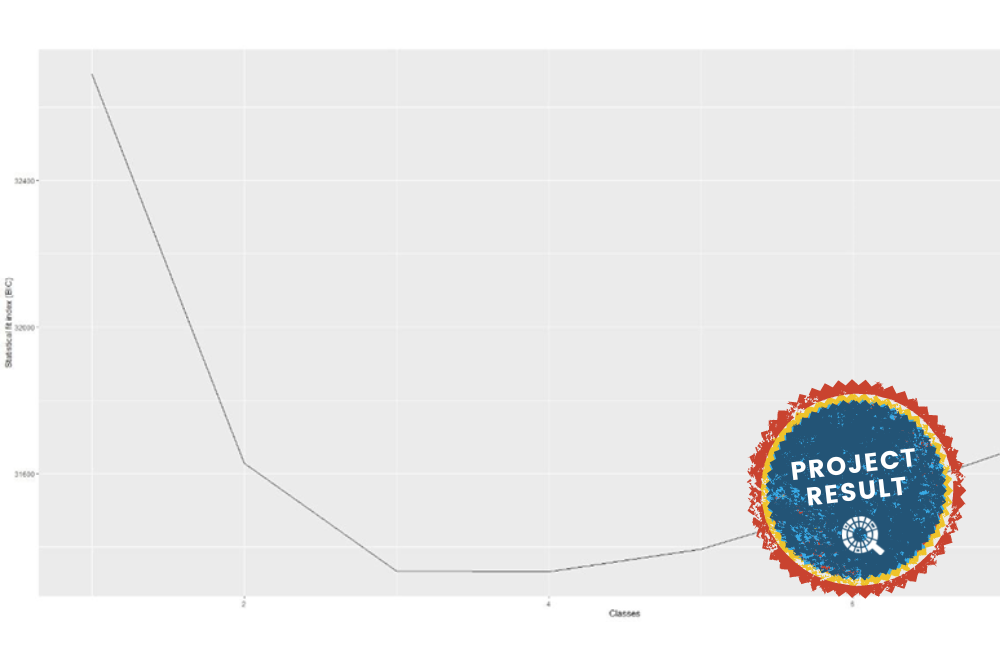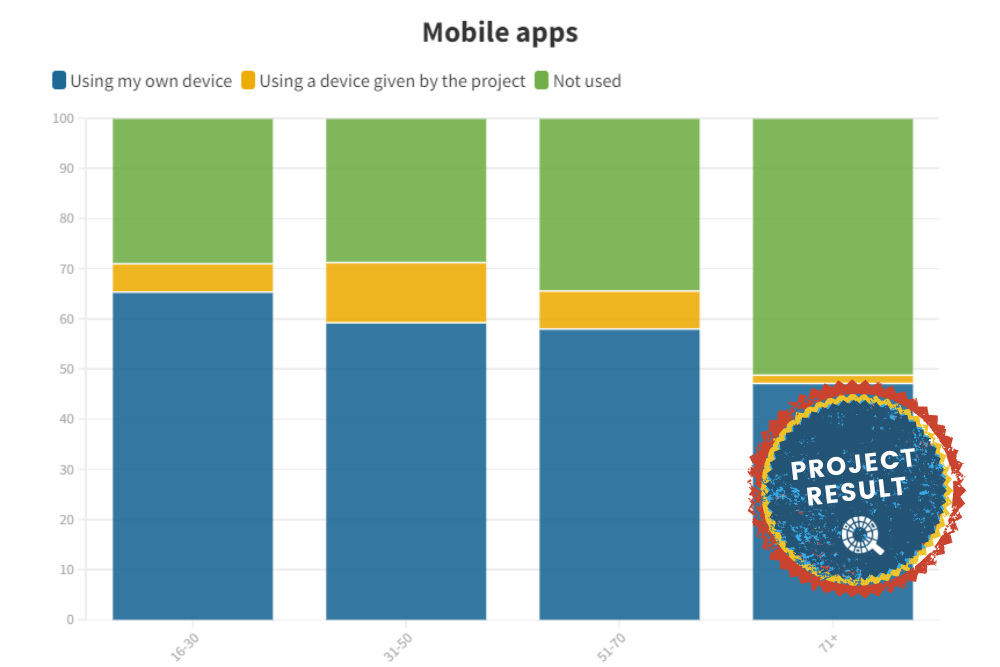The survey results included in the recently published JRC report entitled Exploring Citizen Science Strategies and Initiatives in Europe provide a very useful snapshot of the current status of Citizen Science in Europe. National policies exist in only a handful of countries, terminology varies significantly, impact is growing and main drivers include the need to address impelling challenges. Stakeholders need to ensure a sound strategy is in place if the full benefits of Citizen Science are to be realised.
Introduction
In June 2021, the Joint Research Center (JRC), the European Commission’s science and knowledge service, published a technical report entitledExploring Citizen Science Strategies and Initiatives in Europe. This report provides a summary of the findings stemming from three years of pan-European discussions and a survey on Citizen Science strategies and initiatives. The work was carried out in close cooperation with the members of the Working Group 3 “Improve society-science-policy interface” of the COST Action CA15212 on Citizen Science.
In our summary here, we provide an abridged extract of this report, with the permission of the authors, focussing on the survey results included in this report which investigated:
Overall Picture
Responses were received from 33 countries including all EU Member States, as well as Switzerland, Norway, Albania, Turkey, North Macedonia and Israel. The respondents were independent experts, private individuals or workers in governmental programmes, public and private research institutions, academia, NGOs and trusts, and international bodies (e.g. ECSA). Some respondents also belong to established networks and communities of practice within this area.
Main Findings
Overall Trends
The research team also noted several overall trends:
- Most of the time, owners and initiators of Citizen Science activities appear to be the funders themselves.
- The main drivers of collaborative Citizen Science initiatives appear to be common motivation and the need to address impelling challenges.
- Citizen Science activities seem mostly driven by scientific communities
- National trends and planned activities seem more evident when there is an established and institutionalised strategy at national level.
- In terms of knowledge field (e.g. astronomy, cultural heritage, pollution, etc.), the multidisciplinary nature of Citizen Science becomes more apparent where there is a national strategy, whereas applications remain more sectoral where there is none (e.g. nature, environment, biodiversity).
- Citizen Science resources appear to be mainly used for up-front needs, such as early warning and problem definition in both policy and science, rather than for policy design.
- In situations where respondents record that Citizen Science has no impact on the scientific community, the reason seems to be the prevailing scientific culture in that community.
- In terms of drivers and influencing factors, most respondents seem to attach great importance to actors (willingness, interactions, culture, etc.). Others consider funding availability, training material, rewards, data quality or technological/structural factors to be more significant.
- Even in those countries where Citizen Science strategies and action appears most developed, it seems mainly driven by scientists.
- Impact is recorded to be mainly on scientific work.
Summary and Conclusions
The survey work also allowed the research team to identify influencing factors, commonalities and crosscutting issues, and draw several general conclusions which we summarise here:
- Typically, Citizen Science is performed in self-organised and self-sustained Communities of Practice (CoPs), networks of common interest, and shared platforms.
- Evidence of the impact of Citizen Science activities is found, to different extents, in all segments of the hosting ecosystem, namely at policy, scientific, economic and social level.
- The enabling pre-conditions for Citizen Science activities to grow are mutual trust and interest in common challenges.
- The key influencing factors determining the development of Citizen Science initiatives are the presence of dedicated plans supported by funding models for long-term sustainability.
The main obstacle hindering the use of Citizen Science approaches seems to be political will, due to lack of awareness of the benefit brought about by Citizen Science activities by policy makers.
All stakeholders need to consider the following:
- Where there is a clear understanding of the area and common challenges to be addressed, most of the time there is a sound strategy in place, both at national and local level, stakeholders of the given ecosystem react consequently, initiatives evolve and follow, and impacts become more visible at all operational levels.
- There is a need to create alliances amongst the different stakeholder communities (Governments, NGOs, Scientific communities/academies, private sector and CoPs) to exploit synergies and join up resources.
- There is a need to go beyond scientific purposes and be more oriented towards policy-driven objectives, in response to common societal challenges.
- Beyond the currently dominating environmental domain, the potential is high for extending Citizen Science activities to a number of other areas (health, energy, urban management, transport, agriculture, etc.), where co-creation is key to effective policy making and societal impact.
- Influencing factors are instrumental to strategy development and successful implementation, and need to be carefully addressed, as these seem to be common determinants in all countries and at all organisational levels.
This part of the Citizen Science Strategies and Initiatives in Europe report dealing with the survey results concludes by describing the most notable obstacle to the uptake, development and mainstreaming of Citizen Science approaches in support to policy making processes, as being the lack of a sufficient degree of awareness and understanding of Citizen Science potentialities on the part of policy makers. The authors therefore recommend that more effort should be invested, at all levels, in identifying and promoting the benefits that Citizen Science can bring to relevant and effective policy making, thereby leading to increased motivation and concrete options for the development of relevant strategies and long-term sustainability plans.
References
You can read the full report here.
Photo by Firmbee.com on Unsplash















